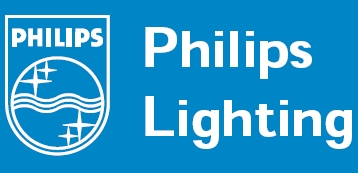Philips Lighting seeks to expand its share in the construction of LED street lighting networks in India. A Philips official revealed the company plans to replace over 30 million traditional street lamps with connectable LED street lights after winning a major part of government’s LED distribution scheme, covered Money Control.
 |
|
(Image: Philips Lighting) |
The lighting giant partakes in several tenders to collaborate with local governments to begin street lighting makeovers.
Sumit Joshi, Vice Chairman and MD of Philips Lighting India, confirmed the company is marching into India’s street lighting space.
Since the Smart City Mission started, the Indian government has been promoting LED illumination and other energy efficiency projects through Energy Efficiency Services Ltd., a joint venture under the Ministry of Power. It is working closely with Philips Lighting to facilitate the conversion plans.
Joshi believed the country needs more than 30 million street lights considering many parts of it lack basic-level lighting. However, he did not reveal the proportion the government tenders contributed to Philips Lighting’s revenue.
Philips Lighting also intends to tap into a government scheme Pradhan Mantri Sahaj Bijli Har Ghar Yojana, an electricity distribution project also called Saubhagya. The scheme aims to provide electrical connections to over 40 million households in both rural and urban areas by 2018.
Joshi explained, even if EESL is one of Philips Lighting’s biggest clients, the company also keeps an eye out for opportunities outside EESL. Philips Lighting is also looking to participate in other market segments such as connected lighting, smart home, b2b business, and new office decoration. It is expanding its connected lighting portfolio through the line-up of Hue Smart Lighting System, added Joshi.
As for the situation in Europe, Philips on Monday October 23 announced that it will focus more on emerging markets such as India and China to prevent possible negative influences of Brexit, reported Channel NewsAsia.
Philips CEO Frans van Houten expressed his concern about what would happen after Brexit even though he has yet to see a big impact. However, the demand in Britain went down and the pound also dropped in face of the threat of Brexit, possibly leading to less revenue Philips generated in the UK.
According to Philips’ 3Q17 financial results, the net profit is mainly left up by demands from eastern markets. The CEO said the Amsterdam-based conglomerate would aim at the growth markets instead to offset potential losses caused by Brexit. He also warned there might also be job losses for British Philips employees after Brexit which will happen in March 2019.












